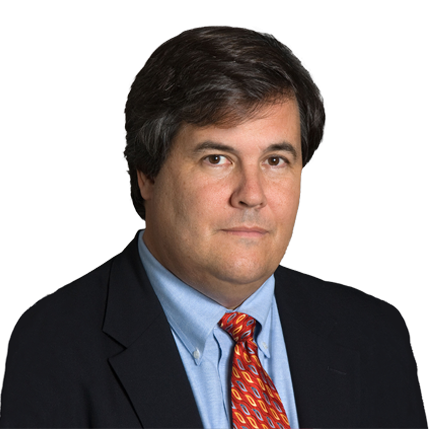Supreme Court Limits Choice of Venue in Patent Cases
May 22, 2017
By: Brian T. Moriarty and Timothy J. Meagher
- A corporation only “resides” in its state of incorporation for venue purposes in patent cases.
- Selling products in a venue is not enough to establish corporate venue.
- Patent litigation in Texas will be significantly curtailed.
In a major ruling on the scope of the patent venue statute, the Supreme Court today in TC Heartland LLC v Kraft Foods Group Brands LLC, significantly limited the scope of the patent venue statute. Under the patent venue statute, 28 U.S.C. §1400(b), a corporation can only be sued for patent infringement in a district where it “resides” or where it committed infringement and has a regular and established place of business. Federal courts hearing patent cases have interpreted the word “resides” to mean any jurisdiction where personal jurisdiction could be asserted against a corporation and, thus allowed jurisdiction for patent infringement to be based on a corporation’s sales of product in a district. Relying upon precedent from 60 years ago, the Court rejected a broad interpretation of venue in patent cases and held that “as applied to domestic corporations ‘reside[nce]' in §1400(b) refers only to the State of incorporation.”
Under the patent venue statute, enacted in 1948, “any civil action for patent infringement may be brought in the judicial district where the defendant resides, or where the defendants has committed acts of infringement and has a regular and established place of business.” In 1990, the Federal Circuit, in VE Holdings Corp. v Johnson Gas Appliance Co., interpreted the patent venue statute broadly, by incorporating the provisions of the general venue statute §1391(c) which the statute said applied “for all venue purposes.” As amended in 2011, §1391(a) provided that “except as otherwise provided by law, . . . this section shall govern all civil suits brought in district courts in the United States.” In turn, §1391(c), provides that “for all venue purposes . . .[a corporation] shall be deemed to reside, if a defendant, in any jurisdiction in which such defendant is subject to a court’s personal jurisdiction with respect to the civil action in question.”
For over three decades, courts have interpreted the patent venue statute broadly in light of the general venue statute for all civil actions under §1391(c). This led to courts interpreting “resides” in the patent venue statute to mean any jurisdiction where a court could establish personal jurisdiction against a corporation and allowed patent suits based on the sole fact that a corporation sold products in a state but had no corporate presence in the state. This broad reading of the patent venue statute gave rise to a boom in litigation in jurisdictions where corporate patent defendants did not reside in large numbers. For example, 1686 new patent cases were filed in the Eastern District of Texas in 2016, but only 61 cases were filed in tech-heavy Massachusetts and 190 cases were filed in the Northern District of California. The second most popular district for patent cases in 2016 was Delaware – with 456 cases (73 % less than ED Texas).
In considering the issue, the Court revisited its decision from 1957, Fourco Glass Co. v Transmirra Prods. Corp., 353 U.S. 222, 226 (1957). There, the Supreme Court ruled that a prior version of §1391(c) did not modify the special patent venue statute. The Court then reviewed a series of amendments to the venue statutes by Congress over the past 60 years and concluded that none of Congress’s actions changed the basis for its holding in Fourco. Accordingly, the rule announced in 1957, where the Court held that the patent venue statute §1400(b), should not be interpreted in light of the general venue statute in §1391(c), remains good law.
The impact of this decision will limit future filings in patent-focused jurisdictions like the Eastern District of Texas, where many patent cases are filed but where not many corporate defendants are incorporated or have established places of business. There may also be a surge of transfer motions seeking to transfer from Texas to home jurisdictions. Likewise, the decision should cause a rise in patent cases in districts such as Massachusetts, Delaware, New Jersey and California where many technology and science-oriented corporations are incorporated or have established places of business.





